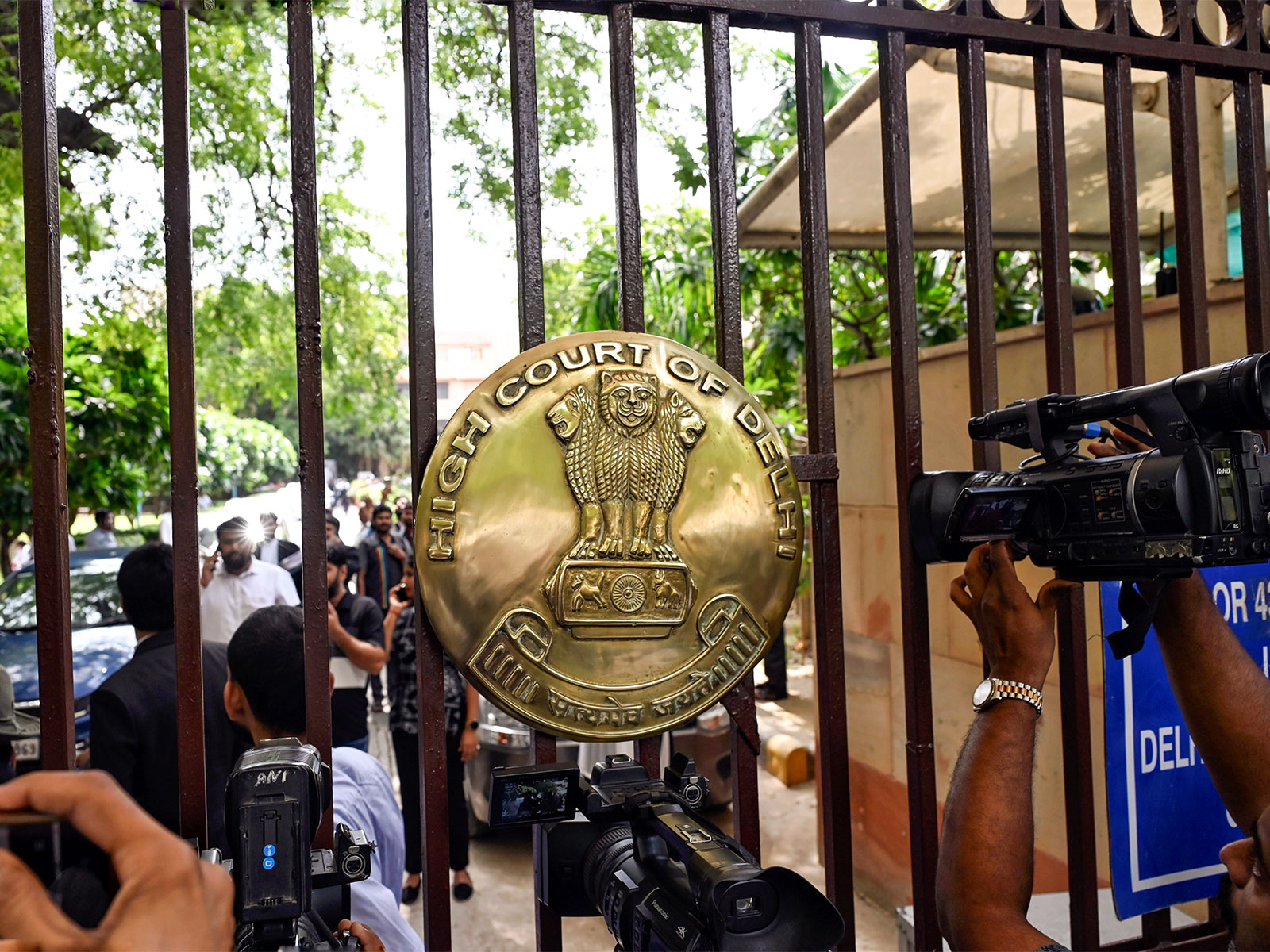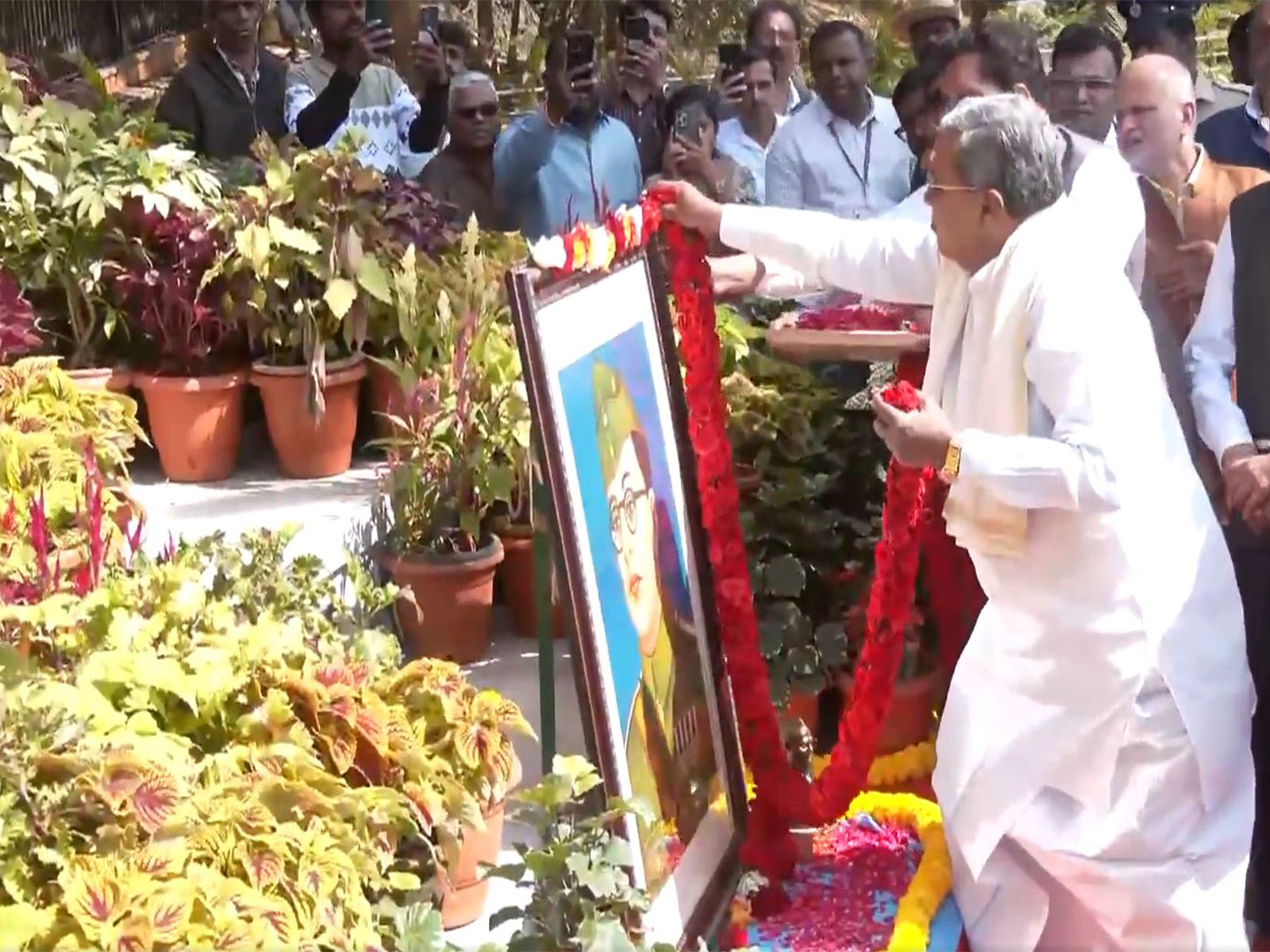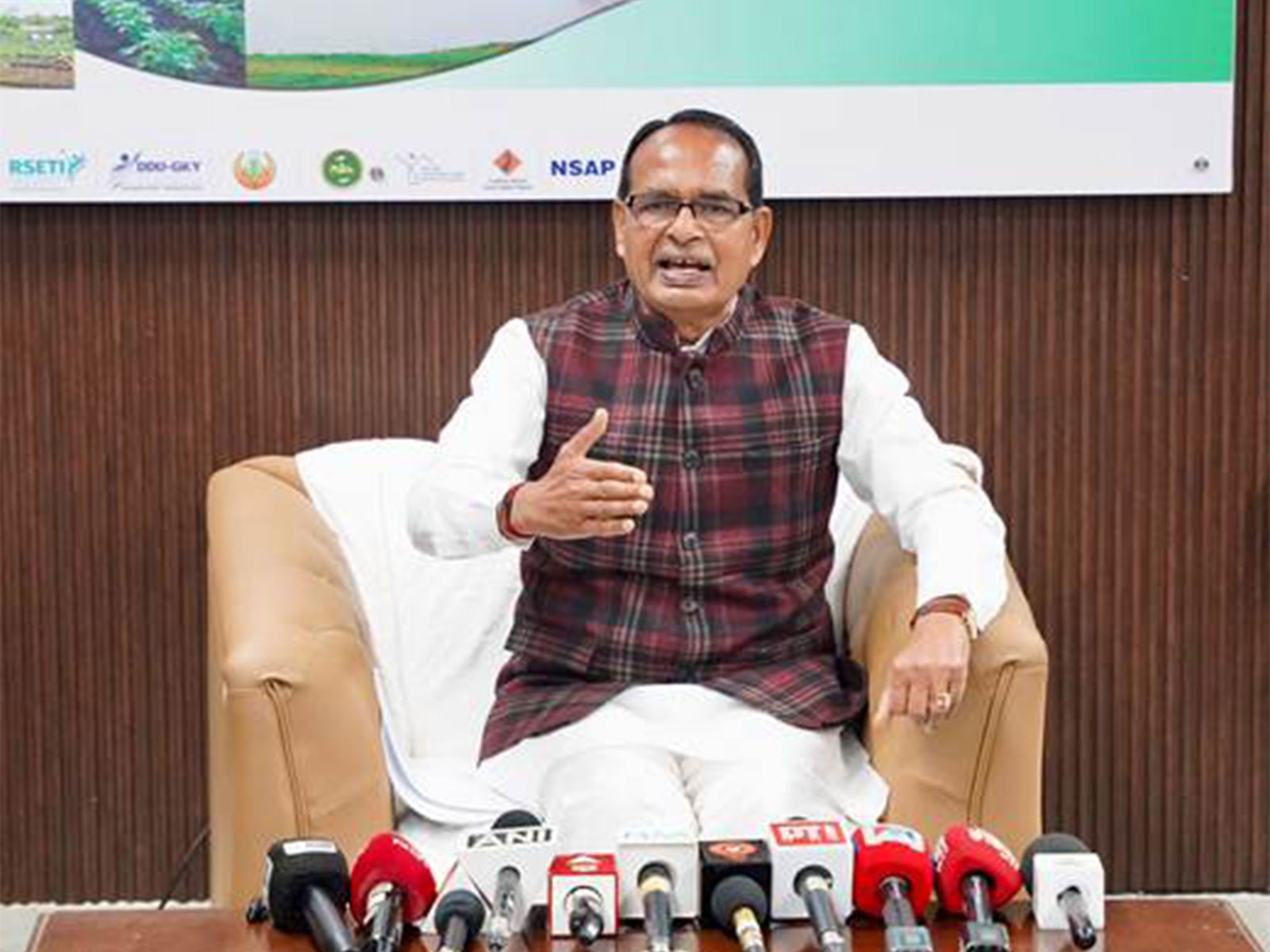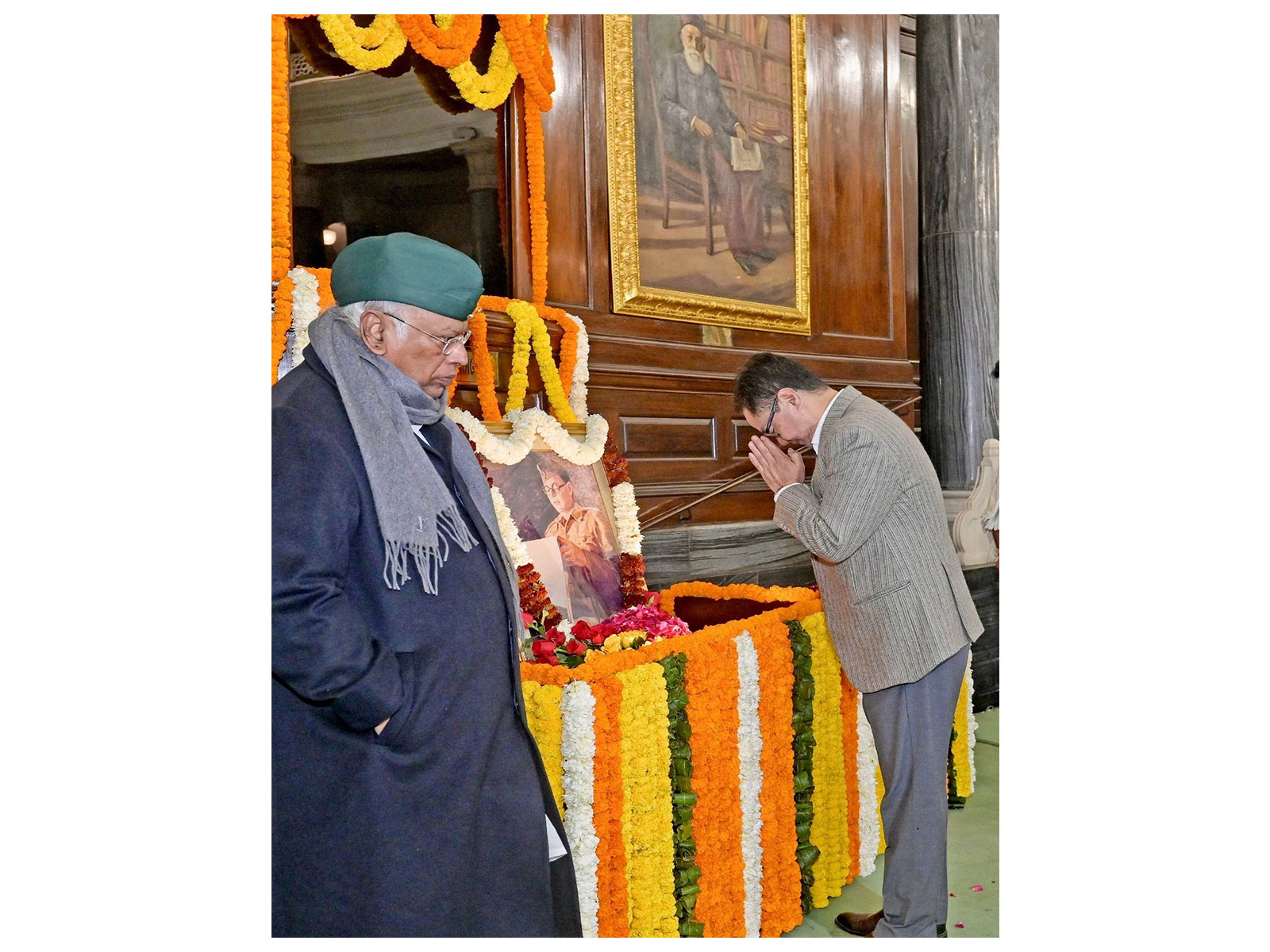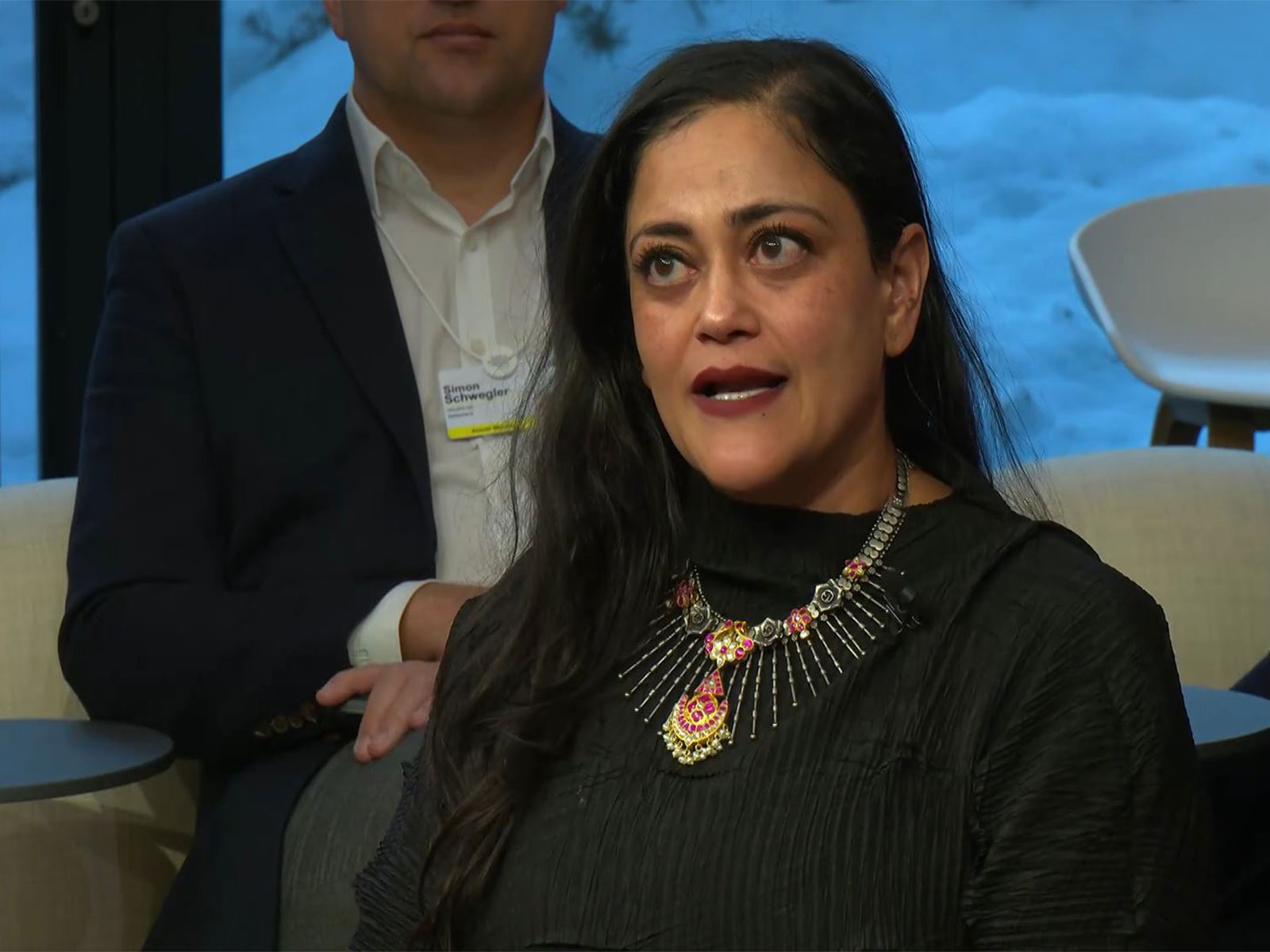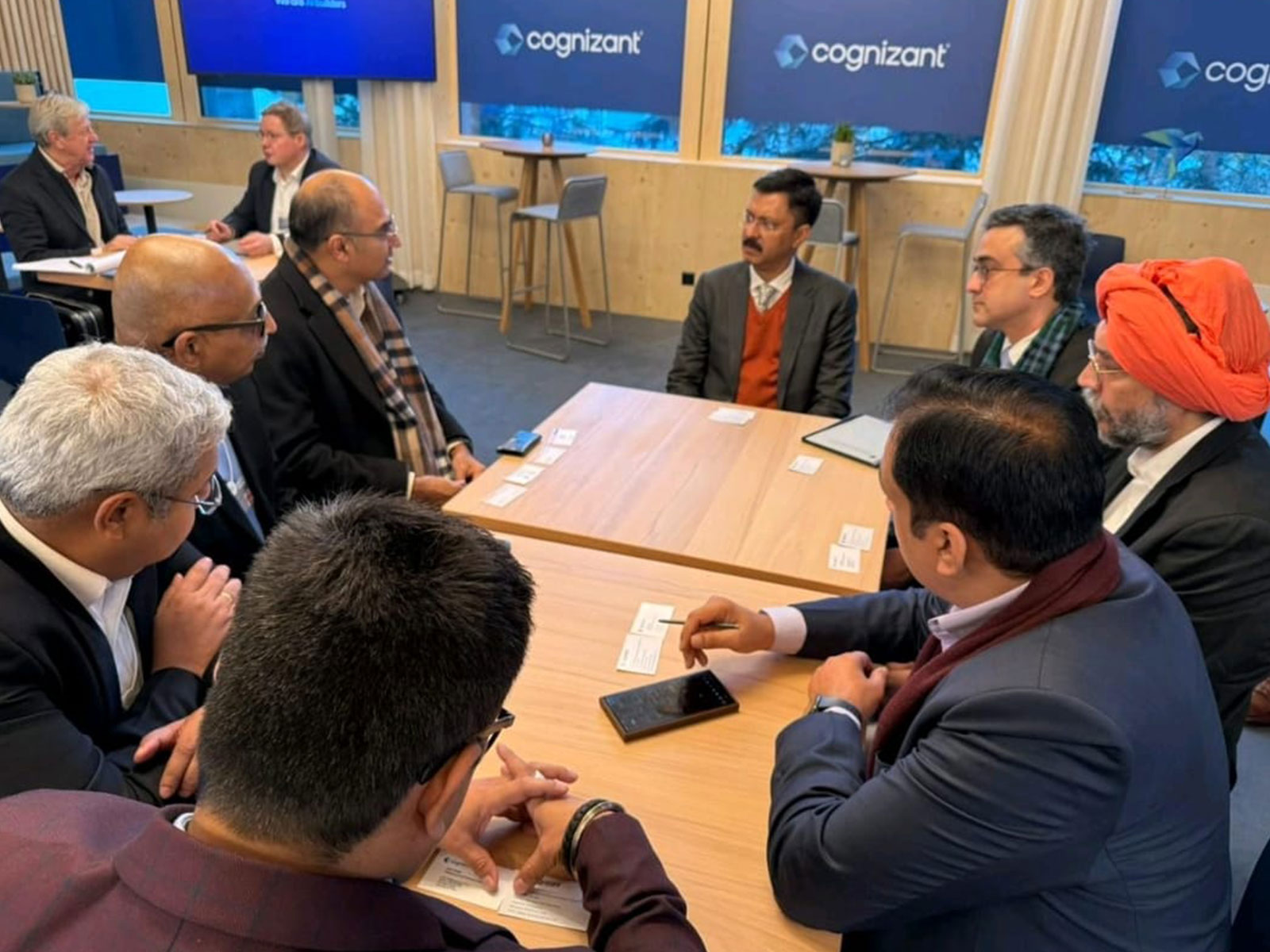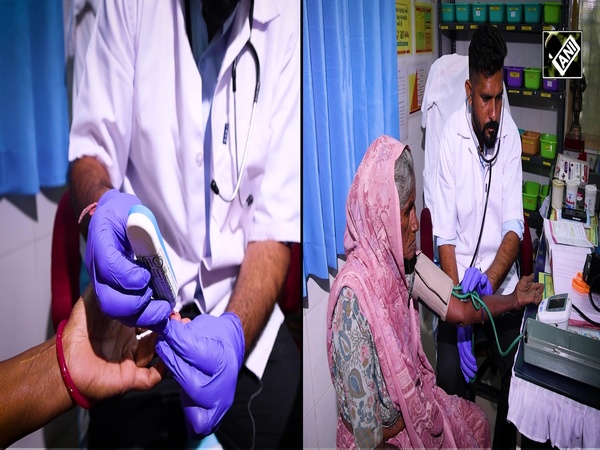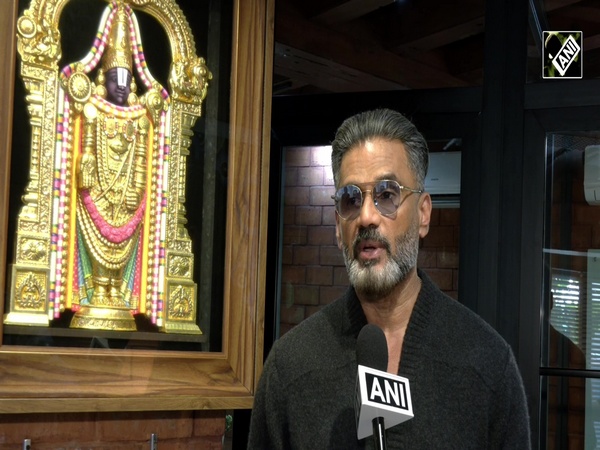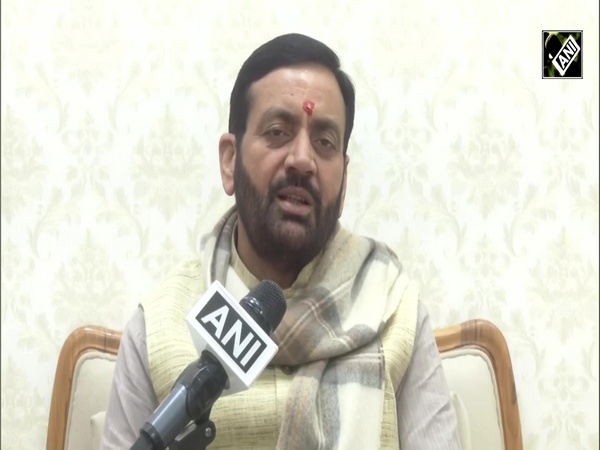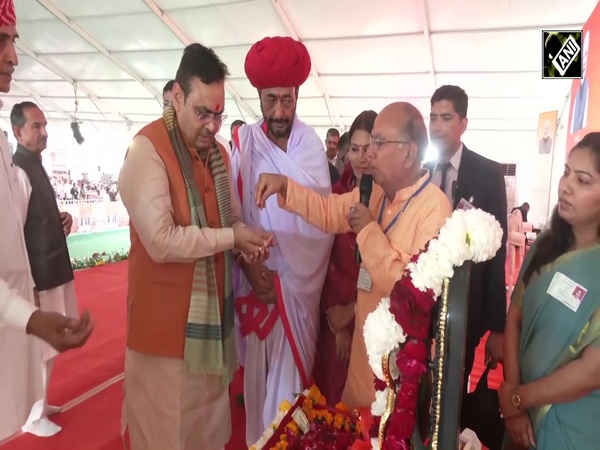"Humane touch essential for ensuring law serves needs of people," says CJI DY Chandrachud
Apr 08, 2023

Guwahati (Assam) [India], April 8 : Chief Justice of India DY Chandrachud said that a humane touch of law is essential for ensuring that the law serves the needs and interests of all the people and it requires a willingness to be empathetic to the unique identities of people.
"A humane touch of law is essential for ensuring the law serves the needs and interests of all the people, it requires a willingness to be empathetic to the unique identities of people with a commitment to accessibility and fairness," CJI Chandrachud said while addressing the platinum jubilee celebrations of the Gauhati High Court on Friday.
He said that when the law is wisely applied and interpreted in the hands of judges it takes a step forward towards realising justice.
"When the law is wisely applied and interpreted in the hands of judges it takes a step forward towards realising justice. But when the law is wielded without principle it can carry the burden of arbitrariness. For the judges and lawyers and for all of us as citizens, the constitutional path is reflected in the value of the preamble. These parameters provide the beacon for the unity of our nation and the stability of the social fabric," he said.
The CJI said that the confidence and faith of citizens lie in the fierce sense of judicial independence.
"...Confidence and faith of citizens lies in the fierce sense of our own judicial independence...Constitutional statesmanship requires deliberation and dialogue and not public grandstanding," said DY Chandrachud.
President Droupadi Murmu was also present during the function and launched a mobile app 'Bhoroxa' made for the safety of women and elderly people.
Addressing the gathering, the President said that the Gauhati High Court holds a unique place in India's judicial landscape. After its inception in 1948, it had jurisdiction over seven states for more than six decades and still has jurisdiction over four states. It has established a distinct identity for itself by producing a number of legal luminaries. It has also received attention for delivering several landmark decisions.
She expressed confidence that the Gauhati High Court would continue to serve the people in the same manner in the years to come.
"North-Eastern Region is possibly the best example of how various communities have lived together historically. As a result, it has rich ethnic and linguistic diversity. In such a region, institutions need to have a great deal of sensitivity and responsibility, as divergent traditions and laws govern the lives of the people of the region. The legislation applicable to different areas may vary, but the entire area is administered by a common High Court," she said.
She said that it is heartening to see that the Gauhati High Court continues to uphold the customary laws that have been in practice in some of the states under its jurisdiction. By respecting the sentiments of the indigenous people, this institution has helped enhance the ethos of peaceful coexistence in this region.
She said that justice, by definition, has to be inclusive, and thus must be accessible to all. However, access to justice is hindered by many factors. The cost of justice is one of them.
"We need to keep expanding the reach of free legal counselling. The language of justice is another hindrance, but there is praiseworthy progress in that direction and the higher judiciary has started making verdicts available in more and more regional languages," she said.
